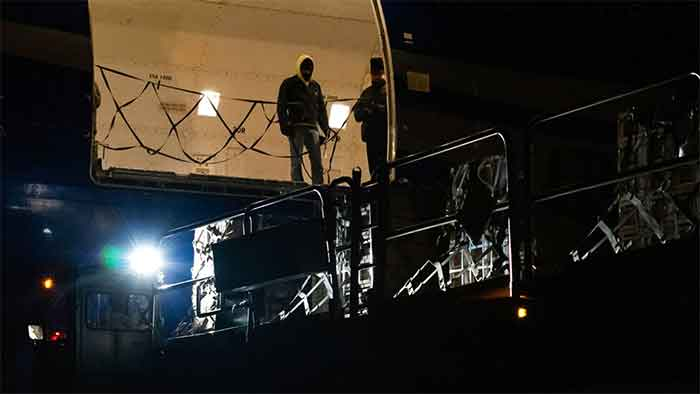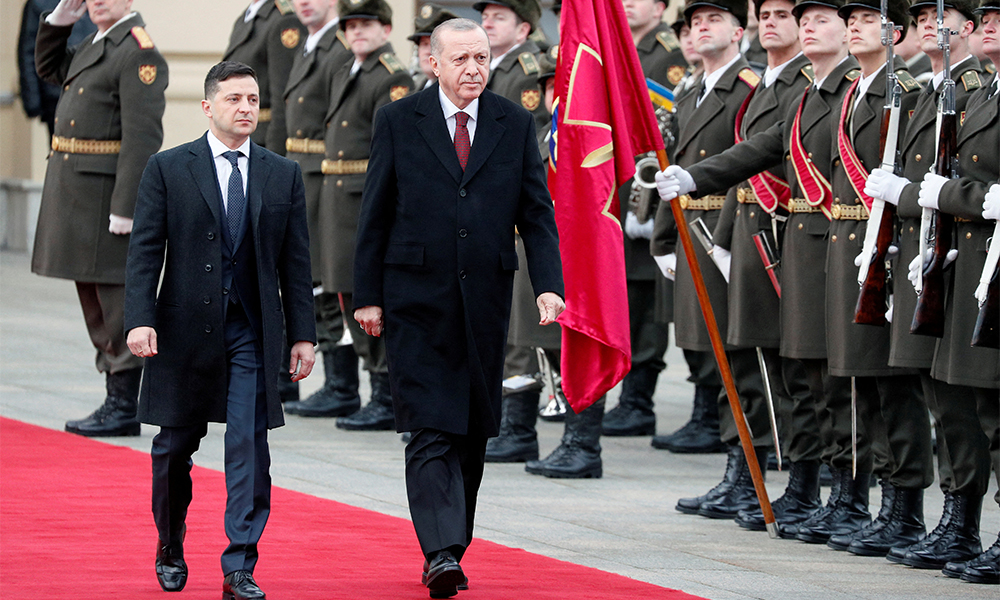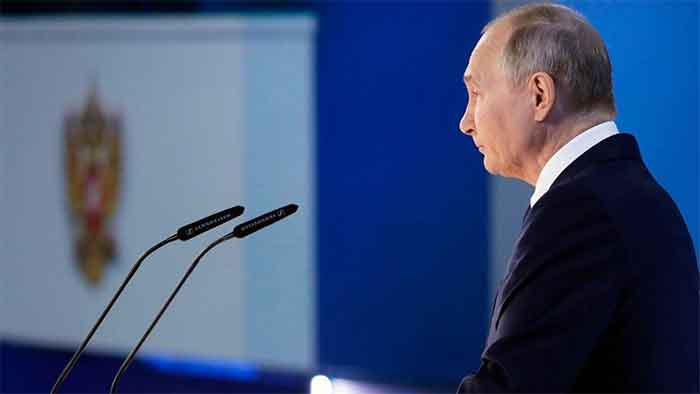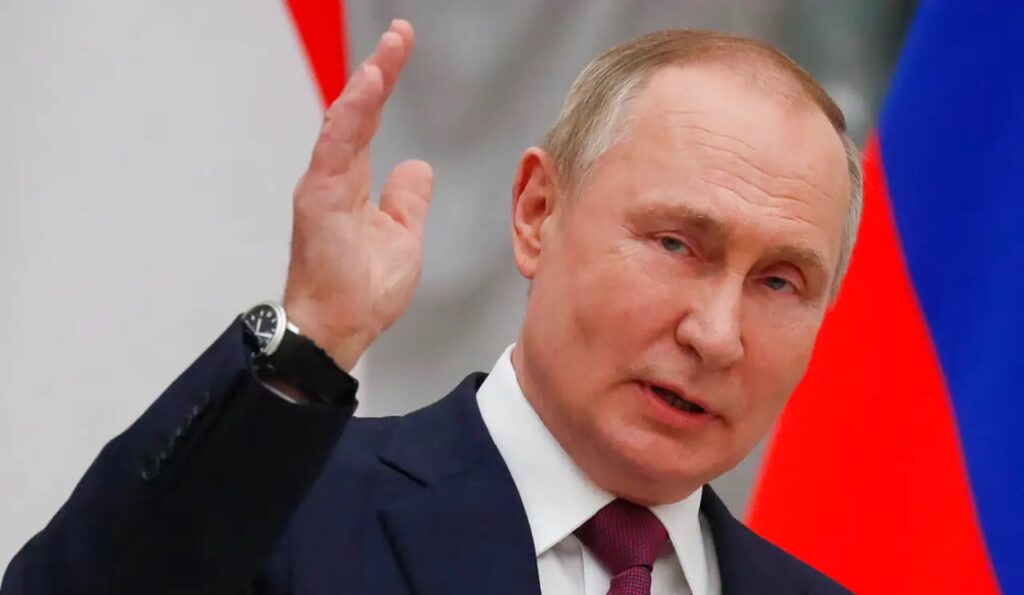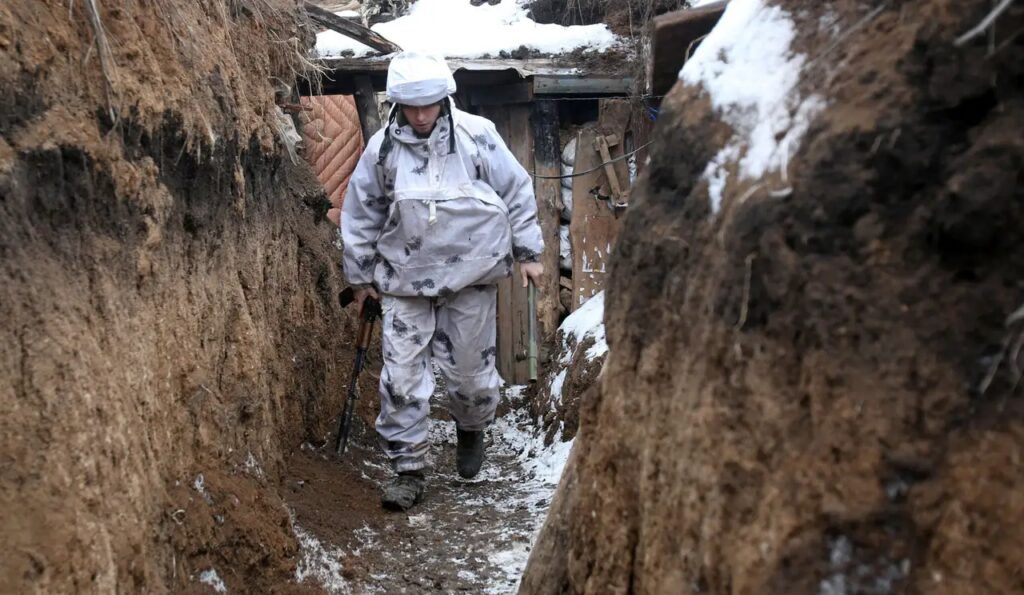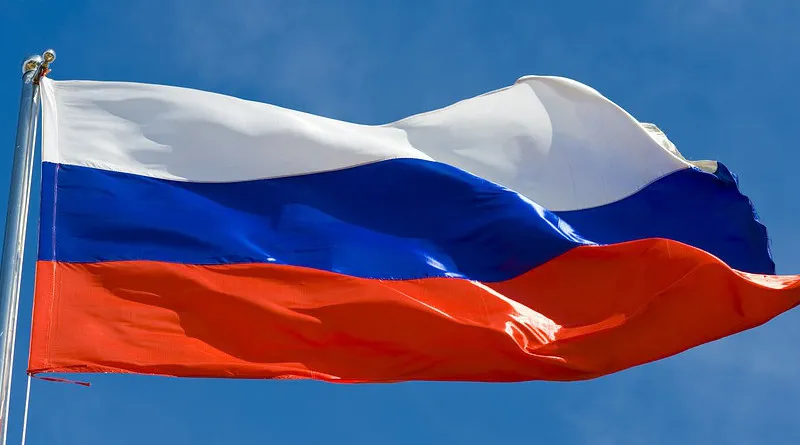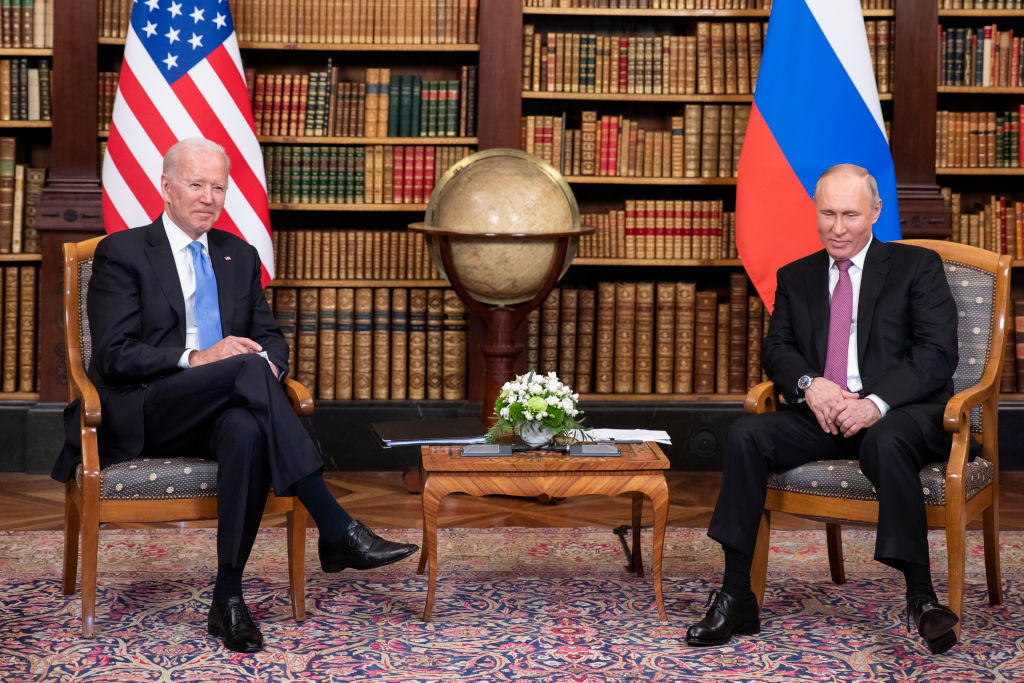Divine right of the Empire faces challenge as Putin talks about Russia-China partnership
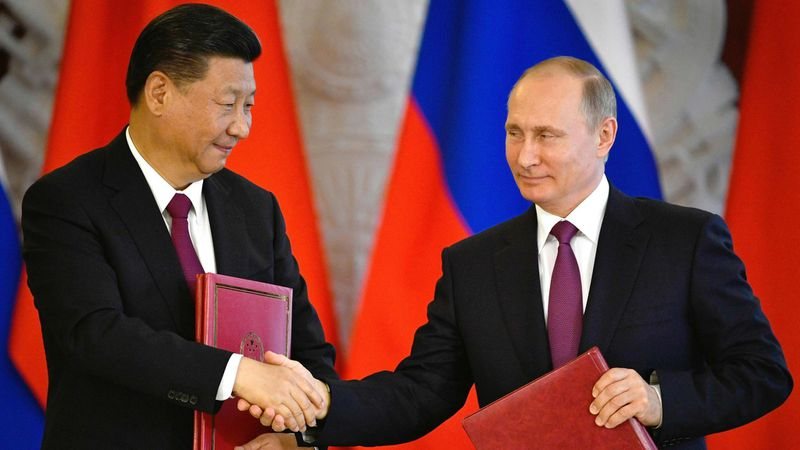
Vladimir Putin has again made it clear: It’s a different time. The post-Cold War days are over. The Empire’s imperialist arbitrary acts are going to be increasingly difficult to carry on.
Putin penned an article for Xinhua, the state-run media of China. It appears ahead of his Beijing visit to join the Winter Olympic, an event of solidarity and friendship, of pursuit of human endeavor to defy limits.
China, to the Russian president, is Russia’s strategic partner – partner on the arena of global politics and global relations, in resolving global and regional issues, in the area of peace, security and trade.

